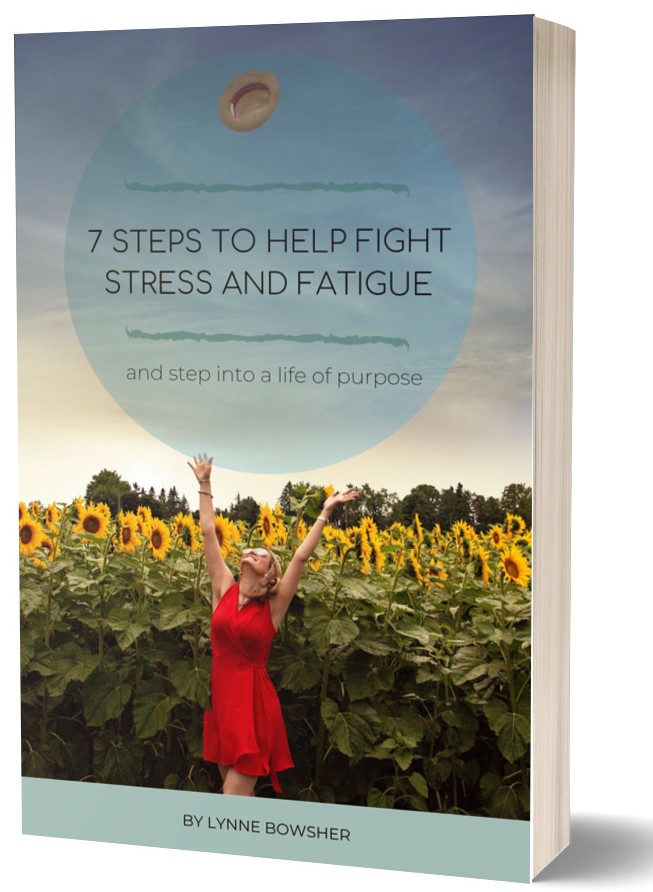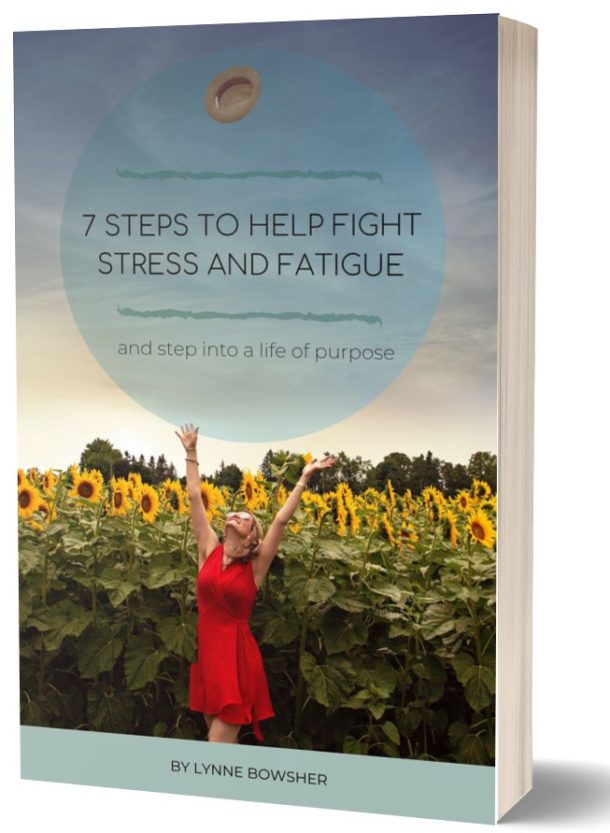We know that from the time we are born that sleep is vitally important for our optimal health and wellbeing.
Why is it then that so many people today are actually sleep deprived?
We have all experienced being refreshed after a good night’s sleep and we have all also experienced the feeling of fatigue after a poor night’s sleep. Too many of us are not getting the number of hours required to truly receive the health benefits of a deep, restful sleep.
Life today is so much busier than it was in our grandparents time. We are all guilty of trying to pack more into our days and most of us do not take enough time for relaxation and restoration of our minds and of our body. Most of us seem to be getting less sleep and more importantly, less “quality” sleep.
What Happens When You Are Sleeping?
Your body truly is amazing and performs a myriad of vital functions, many of which happen while you sleep. Sleep is the time when your body can heal, repair, boost and recharge its various systems. Sleep can even help to recharge your heart and cardiovascular system after a busy day.
Your body has two phases in its sleep cycle, which are recurring during the night and both are important for different functions in your body.
One phase you may be familiar with is REM which stands for rapid eye movement. REM sleep is essential so that your mind is able to process and consolidate your emotions, memories and stress levels. This phase of sleep usually takes up about a quarter of your total sleep time each night. REM is when you dream and areas of the brain are stimulated related to learning and developing new skills.
The next important phase of sleep is NREM or non-rapid eye movement and this phase usually comprises up to three quarters of your sleep each night. This is an important phase of sleep where many health benefits occur such as tissue growth and repair. It is also a time where your energy is restored and hormones required for growth and development are released into your body.
Therefore, if either of these sleep cycles are disturbed during the night for you, then these vital body processes are affected and this will have a negative impact to your health and wellbeing both the next day and over a longer term. These interruptions can occur due to snoring, if you have difficulty breathing, if you wake up frequently during the night and from other distractions which may wake you during the night.
What Happens When You Don’t Get Enough Sleep?
It is important to understand that sleep is essential to your health and wellbeing. When you do not get enough sleep then your body does not get a chance to recharge your batteries so to speak. And therefore, if you are not recharging your batteries each and every night then you are negatively impacting your ability to function optimally each day.
Some of the symptoms can include feeling tired (of course!), you may become irritable, angry and even depressed. You may find it much more difficult to stay focused which makes it more difficult to remember things, to make wise decisions and even to take in new information.
Another unwanted symptom of lack of sleep is hunger! You may crave more unhealthy carbs or those sugary snacks to keep you going and these of course can lead to weight gain. Not to mention the other negative effective these foods will have on your body and your health.
If you are missing out on sleep night after night then this will affect your hormones, your nervous system and your overall health.
Here Are 5 Reasons Why Sleep is Vitally Important for Your Optimal Health
1. Sleep reduces stress – when you don’t get enough sleep your cortisol levels will increase which then puts your body in a greater state of stress. Being stressed can then lead to other health concerns such as high blood pressure, headaches, and insomnia which then becomes a cyclical problem.
2. Sleep improves your immune system – you want to have a healthy immune system that is able to protect your body from catching colds, the flu and other ailments. Whenever your immune system is compromised then you are more vulnerable to viruses and bacteria in your environment. During sleep your body allows the production of white blood cells that are responsible for attacking viruses and bacteria. This amplifies your immune response and protects you from numerous forms of disease or infection.
3. Sleep lowers your risk of developing depression – if you have been struggling with insomnia then you may also suffer from anxiety and/or depression. It has been shown that even partial sleep deprivation can make you more stressed, sad, angry and mentally exhausted.
4. Sleep helps to improve learning, focus and concentration – it makes sense that if you lack sleep that you will wake up tired. This will then affect your ability to focus and concentrate during the next day. From a work perspective this could lead to a loss of productivity and a lack of performance.
5. Sleep helps your body to repair itself – during a deep sleep your brain can address your vital body systems such as tissue repair, proper circulation, faster wound healing and restoration of sore or impaired muscles. Sleep can also help repair damage caused by ultraviolet rays, life stressors and other environmental exposures.
I hope after reading this that you will have a greater appreciation for the importance of getting adequate sleep. While we are all different in how much sleep we require, it is still important that we get enough sleep to keep us operating at our own optimal levels of health.
What Can I Do To Improve My Sleep?
Think about all the factors that can interfere with a good night’s sleep — from work stress and family responsibilities to unexpected challenges, such as illnesses. It’s no wonder that quality sleep is sometimes elusive. While you might not be able to control all the factors that interfere with your sleep, you can adopt habits that encourage better sleep. Here are 6 tips to help you get started;
1. Stick to a sleep schedule – do your best to get 8 hours of sleep each and every night, if not then aim for 7 hours. Also do your best to go to bed and get up at the same time every day. When you create consistency in your sleep habits then this will help establish a healthy sleep-wake cycle for your body.
2. Watch what you eat or drink in the evenings – do your best to avoid heavy or large meals right before bed. Also watch your intake of nicotine, caffeine or alcohol. These are all stimulants and take hours to leave the body and can disrupt your sleep throughout the night.
3. Make your bedroom a restful environment – a cool, dark and quiet space is the best for optimal sleep. You might require dark curtains or blinds, eye coverings, ear plugs, a fan or white noise, whatever helps you to get the most optimal sleep for your mind and your body. No TV’s or electronic devices with light emitting screens should be in the bedroom, these disrupt the brain right before bed.
4. Introduce some relaxation or calming activities before bedtime – this can be as simple as taking a bath infused with some Epsom salts (these contain magnesium which helps to relax the body) and adding several drops of lavender essential oil. Reading a book, doing a few minutes of meditation, or listening to some soft music may help promote a deeper sleep.
5. Spend some time outside and try to Include physical activity in your daily routine – do not be too active when it is coming close to bedtime, but fresh air and activity will be beneficial for both mind and body during the day.
6. Deal with stress before closing your eyes – it is best to try to resolve those thoughts and worries before bedtime. It can be very helpful to jot down what’s on your mind. You might find having a special journal for this in your bedside table handy. Just write down all the thoughts running through your head and you might be surprised that once you “empty” your mind into your journal that this will help you to get to sleep quicker and you will have a better sleep.
When I work with my clients, sleep is always a key underlying factor in symptoms they are coming to me for. While it may take time to develop a sleep routine, it is one of the vital aspects towards health and healing.
If you are tired of being tired and have also been soul searching and are ready to make some transitional life changes, I can help you using various techniques of Mind Body Nutrition. I will show you the importance of learning how to slow down, relax and nourish your body, mind and spirit. By taking time out for you, finding time for reflection, and becoming present you will become more balanced in all areas of your life.
By working together we will determine what diet and lifestyle changes will help you reach your optimal health. I will be there for you each step of the way to help keep you on track with your own personal set of tools and strategies.
There are several ways we can work together, either one-on-one at my coaching corner in my studio, or via skype or telephone.
Your Nourishing Nutritionist,
Lynne Bowsher

Nourishment for mind, body and spirit

7 Steps to Help Fight Stress and Fatigue
and step into a life of purpose
If you have been struggling with stress, fatigue or wanting more purpose in your life, download my e-book to get 7 steps towards turning your life around today!



 Hello! I’m Lynne Bowsher, a Certified Mind Body Nutrition Coach and graduate of Functional Nutrition.
I work with women who are struggling with stress, fatigue and who are looking for more purpose in their life.
My wish is to help as many women as I can become embodied and to embrace and love who they truly are.
Hello! I’m Lynne Bowsher, a Certified Mind Body Nutrition Coach and graduate of Functional Nutrition.
I work with women who are struggling with stress, fatigue and who are looking for more purpose in their life.
My wish is to help as many women as I can become embodied and to embrace and love who they truly are. 
Trackbacks/Pingbacks